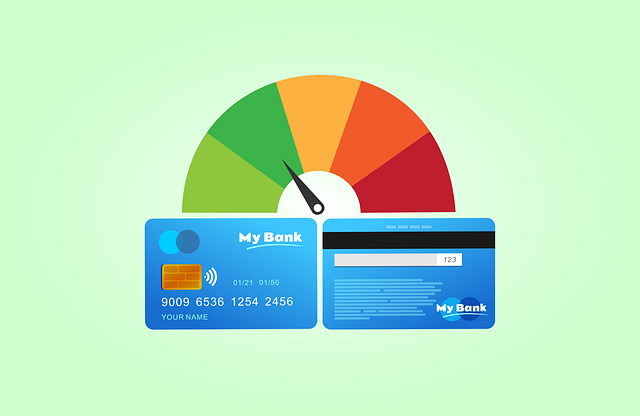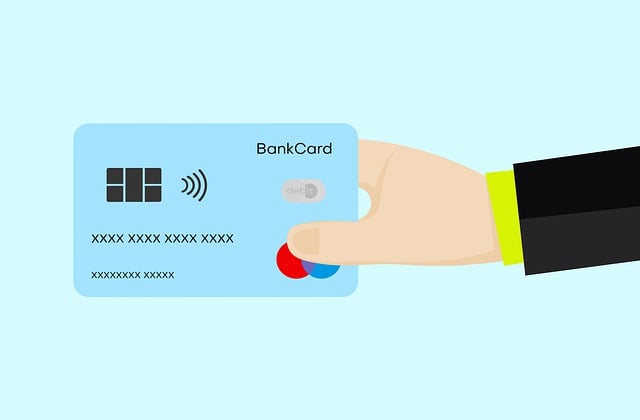Small businesses seeking equipment loans should thoroughly research and compare lender comparisons across leading banks, credit unions, and online lenders. Evaluate loan rates, terms, and conditions while assessing each institution's reputation, transparency, and ease of application. Traditional credit unions may offer lower rates due to their cooperative model, whereas online lenders provide faster approvals and tailored solutions. Businesses should be prepared to provide detailed financial statements and collateral information during applications. Understanding how loan rates are set helps secure favorable terms based on risk, creditworthiness, equipment value, market trends, and lender operational costs. By conducting thorough research, small businesses can make informed decisions and find the best financing options for their equipment needs.
Starting a small business or expanding your equipment? Navigating equipment loan applications can be daunting. This guide equips you with the knowledge to succeed. We break down the intricacies of understanding loan applications and selecting the right lender, from leading banks and credit unions to online lenders. Learn about loan rates, their influencing factors, and how to make informed decisions through lender comparisons with financial institutions. Discover expert tips for enhancing your application and securing the funding you need.
- Understanding Loan Applications: What Small Businesses Need to Know
- Choosing the Right Lender: Leading Banks, Credit Unions, and Online Lenders
- Deciphering Loan Rates: Factors Affecting Interest Rates
- Making Informed Decisions: Lender Comparisons and Financial Institutions
- Enhancing Your Application: Tips for Securing Equipment Loans
Understanding Loan Applications: What Small Businesses Need to Know

Small businesses often turn to loans as a crucial tool for growth and expansion. Understanding the loan application process is thus an essential step in securing funding. When applying for equipment loans, small business owners should familiarize themselves with key aspects that leading banks, credit unions, and online lenders consider. These include their business’s financial health, the purpose of the loan (e.g., purchasing new machinery or technology), and the ability to repay. Comparing different lender offerings is vital; examining loan rates, terms, and conditions from various financial institutions can help businesses find the most suitable option.
Additionally, assessing a lender’s reputation, transparency in their processes, and ease of application through online platforms are smart strategies. Small business owners should also be prepared to provide detailed financial statements and collateral information when applying for loans from traditional credit unions or online lenders. Understanding these requirements in advance streamlines the process and increases the chances of a successful loan application.
Choosing the Right Lender: Leading Banks, Credit Unions, and Online Lenders

When applying for an equipment loan as a small business owner, selecting the right lender is crucial. You’ll want to consider both traditional financial institutions and online lenders. Leading banks and credit unions often offer competitive loan rates and established reputation, making them reliable options for secure borrowing. However, online lenders can be more flexible with their criteria, providing faster approval times and tailored solutions for specific business needs.
In terms of lender comparisons, assess each institution’s interest rates, loan terms, application process, and customer reviews. Credit unions might offer lower rates due to their cooperative structure, while online lenders can provide a broader range of loan options catering to diverse business requirements. Ultimately, the best choice depends on your unique circumstances, so take time to research and compare different financial institutions before making a decision.
Deciphering Loan Rates: Factors Affecting Interest Rates

When applying for an equipment loan, understanding how loan rates are determined is key to getting the best deal. Interest rates can vary significantly between different financial institutions, including leading banks, credit unions, and online lenders. Several factors influence these rates, allowing you to make informed decisions when comparing lender offerings.
One major factor is the risk associated with the loan. Lenders assess your business’s creditworthiness and the value of the equipment as collateral. They also consider market trends, interest rate fluctuations, and their own operational costs. Online lenders may offer more competitive rates due to lower overhead, while traditional banks or credit unions might have varying standards for risk assessment. By understanding these dynamics, small businesses can navigate the process effectively and secure financing at rates that align with their financial goals.
Making Informed Decisions: Lender Comparisons and Financial Institutions

When exploring equipment loan options, small business owners should first engage in thorough lender comparisons. This involves assessing a range of financial institutions including leading banks, credit unions, and online lenders. Each type of institution offers unique advantages, with online lenders often providing speedier processing times and more flexible terms, while traditional banks may offer lower interest rates and robust customer service.
Conducting extensive research on loan rates and the reputation of various financial institutions is paramount. Compare the terms, conditions, and interest rates offered by different lenders to make an informed decision that aligns with your business’s financial goals. Remember, understanding the nuances of each lender can significantly impact the success of your equipment loan application.
Enhancing Your Application: Tips for Securing Equipment Loans

When crafting your equipment loan application, there are several strategies to boost your chances with leading banks, credit unions, and online lenders. First, lender comparisons are crucial. Research various financial institutions, considering their loan rates, terms, and conditions. This not only helps you secure the best deal but also demonstrates your financial acumen to potential lenders.
Additionally, strengthen your application by providing detailed business plans and financial projections. Clearly outline how the equipment will enhance operations and contribute to growth. Solid documentation of these aspects can help convince online lenders or credit unions that your business is a low-risk investment, increasing your chances of approval and securing favorable loan rates.






